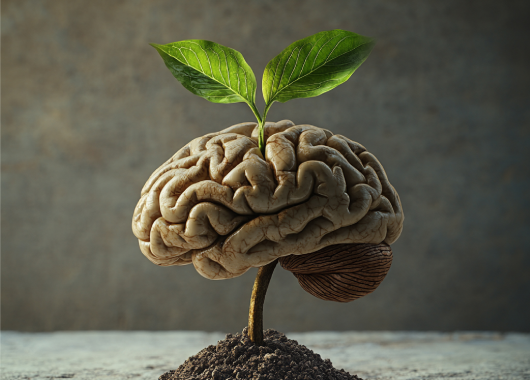
Neurogenesis: How the Brain Continually Adapts and Grows
For years, scientists believed that once we reached adulthood, the number of neurons in our brain remained fixed, declining only with age. But recent discoveries have shattered this long-held belief, revealing that our brains continue to grow and adapt throughout life a process known as neurogenesis. This groundbreaking revelation has reshaped our understanding of brain health, learning, and mental well-being. In this article, we'll explore what neurogenesis is, how it works, and how you can harness its power to enhance cognitive function, memory, and overall brain health.
Neurogenesis is the process by which new neurons (nerve cells) are created in the brain. Unlike the earlier belief that our brains are static, we now know that neurogenesis occurs throughout life, particularly in certain areas like the hippocampus, a region crucial for learning, memory, and emotional regulation. This means that our brains have the incredible ability to grow, adapt, and change, even as we age.
Neurogenesis is most active during childhood and adolescence, but it doesn"t stop there. Throughout adulthood, our brains continue to generate new neurons, although at a slower rate. The exciting part is that we can actively influence this process, either speeding it up or slowing it down, based on our lifestyle choices. This means that maintaining a "young" and adaptable brain is possible, even as we age.
Exercise is one of the most powerful ways to stimulate neurogenesis. Aerobic activities like running, swimming, cycling, and brisk walking increase blood flow to the brain, which promotes the growth of new neurons in the hippocampus. Exercise also releases brain-derived neurotrophic factor (BDNF), a protein that supports the survival of existing neurons and encourages the growth of new ones.